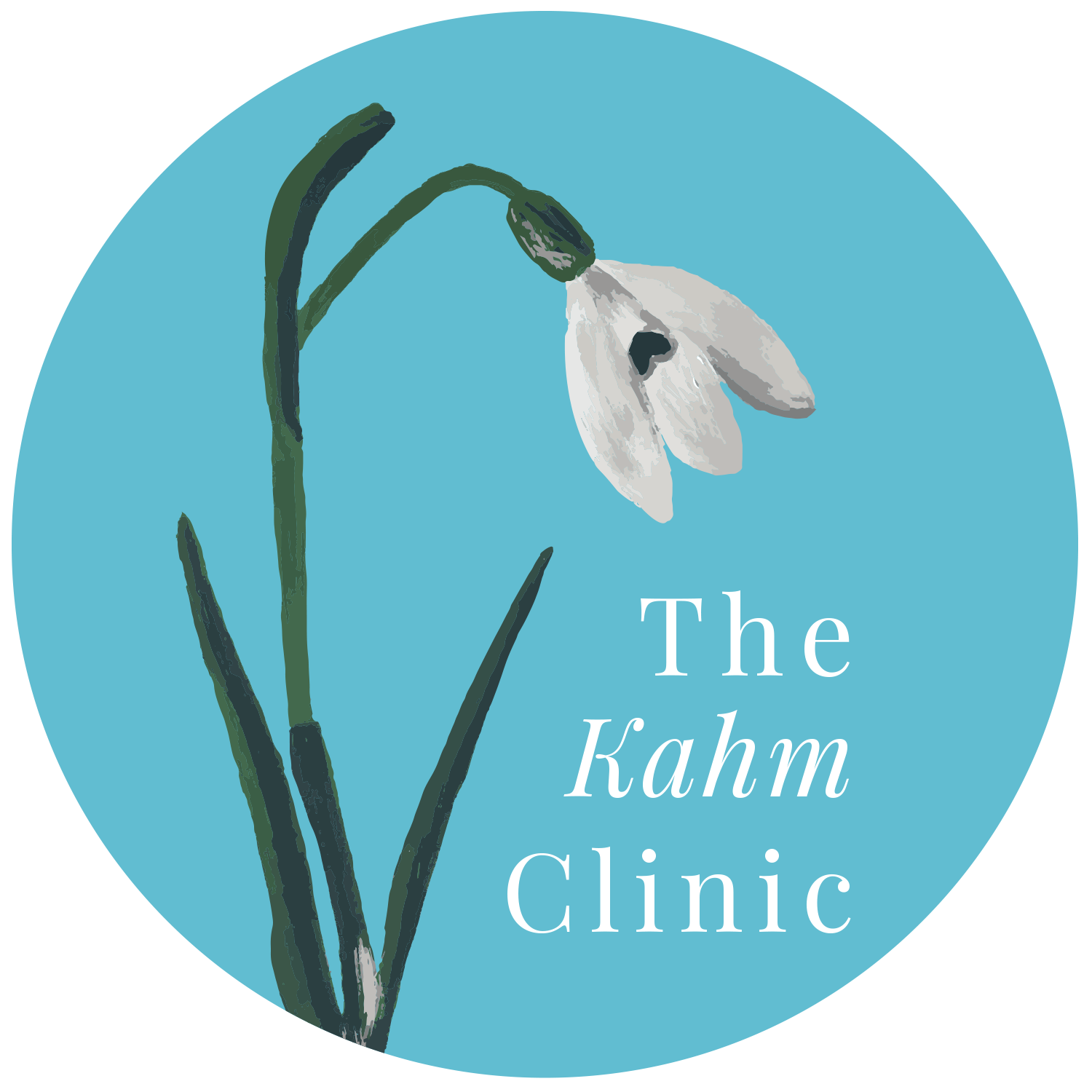Learning to Understand Typical and Atypical Hunger Cues During Eating Disorder Recovery
In a recent YouTube video, nutritionist Michelle Ritter, MS, RDN, NASM L1 CPT talks about the importance of understanding both typical and atypical hunger cues during eating disorder recovery. Specifically, she discusses how to interpret these signals and how following an established meal plan can help your body return to normal functioning.
Listen to Your Typical Hunger Cues
“In the work that we do at The Kahm Clinic, most patients are looking for metabolic recovery and freedom from food,” Michelle states. “They want to feel their best — like their bodies are optimized and their minds are liberated from being stuck in the prison of under-eating.”
Oftentimes, the nutritional need required for a return to a healthy weight is much higher than what a patient is used to eating. Once we implement a nutrition plan, we often get feedback from clients that they aren’t that hungry or don’t have an appetite. In other words, they aren’t experiencing typical hunger cues, such as stomach grumbling, thoughts of food, and a desire to eat, making it difficult for them to increase their caloric intake by such a substantial amount.
In the absence of these cues, clients often want to listen to their “normal” appetite. The problem here is that, if their appetite is not telling them to eat until early afternoon, it’s going to be impossible to exceed or even meet their new nutritional needs. “It’s important to recognize that, just because you’re not getting hunger signals until 1 or 2 pm, it does not mean that your body doesn’t need food,” Michelle shares. “Rest assured, your metabolism is firing from the second you wake up! It means that your energy regulation system has gone offline, and it’s not helping you identify that it’s time to eat and that your body wants food.”
The energy regulation system can malfunction as a result of chronic under-eating or inconsistent eating, both of which are considered disordered eating behaviors. Your body stops knowing how or when to provide signals. In other words, you stop feeling hungry, even though you are hungry.
Recognize Atypical Hunger Cues
If someone isn’t feeling typical hunger cues, they’ll reach a point in the day when their body is screaming at them — what we call atypical hunger cues. These are often personality- or mood-based, such as irritability and crankiness (feeling “hangry”), or cognitive-focused, like trouble concentrating or remembering and recalling details. More severe symptoms include chronic headaches, dizziness, and dehydration.
“These are all signs from your body that you have blown way past the point nutritionally at which you needed food,” Michelle explains. Your body is essentially pressing that emergency red button and screaming at you, ‘I need food, and I need it right now!’”
How The Kahm Clinic Can Help
Part of the work that we do at The Kahm Clinic is to turn those signals back on. One way to do so is by implementing a meal plan. This customizable approach is very dependent on the client and their typical and atypical hunger cues. We want each person to feel as comfortable as possible as they embark on this journey of eating disorder recovery.
Really, it’s a classic egg-chicken situation: You’re not hungry in the morning, so you don’t eat. But you aren’t hungry in the morning because you don’t eat. Through our recovery work, we have to break through this barrier by providing food more consistently throughout the day. If a patient sticks with this schedule for a few months, those hunger signals will start showing up earlier and earlier in the day.
Additionally, the more we ask and talk to our clients about these hunger cues, the more they become in tune with their own bodies and signals. This holistic approach not only works to satisfy your body’s nutritional needs. It also builds confidence in your attitude and approach to food, helping you know when you’re getting enough to eat.
Subscribe to our YouTube channel to keep up with our video content!
To talk to a professional about eating disorder treatment, nutritional needs, and more, please reach out to our staff or schedule an appointment at The Kahm Clinic today.

